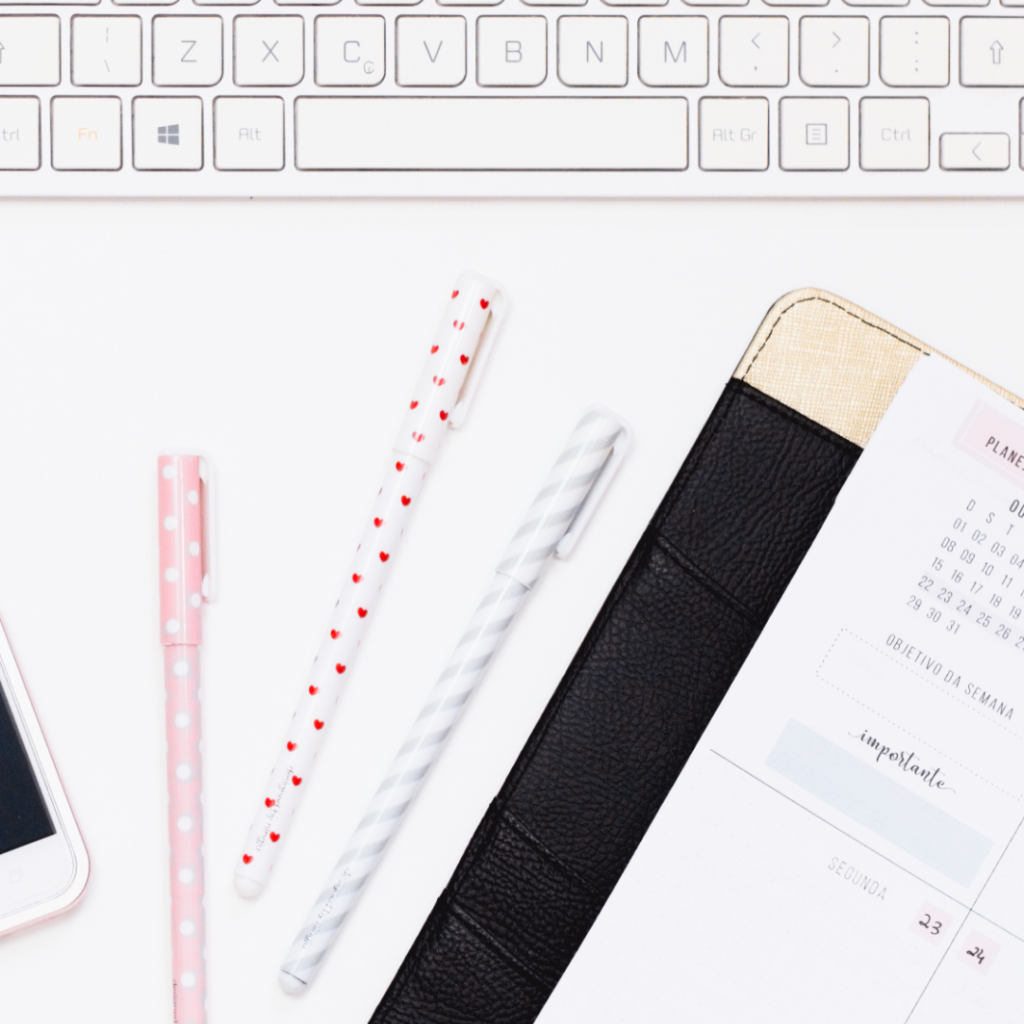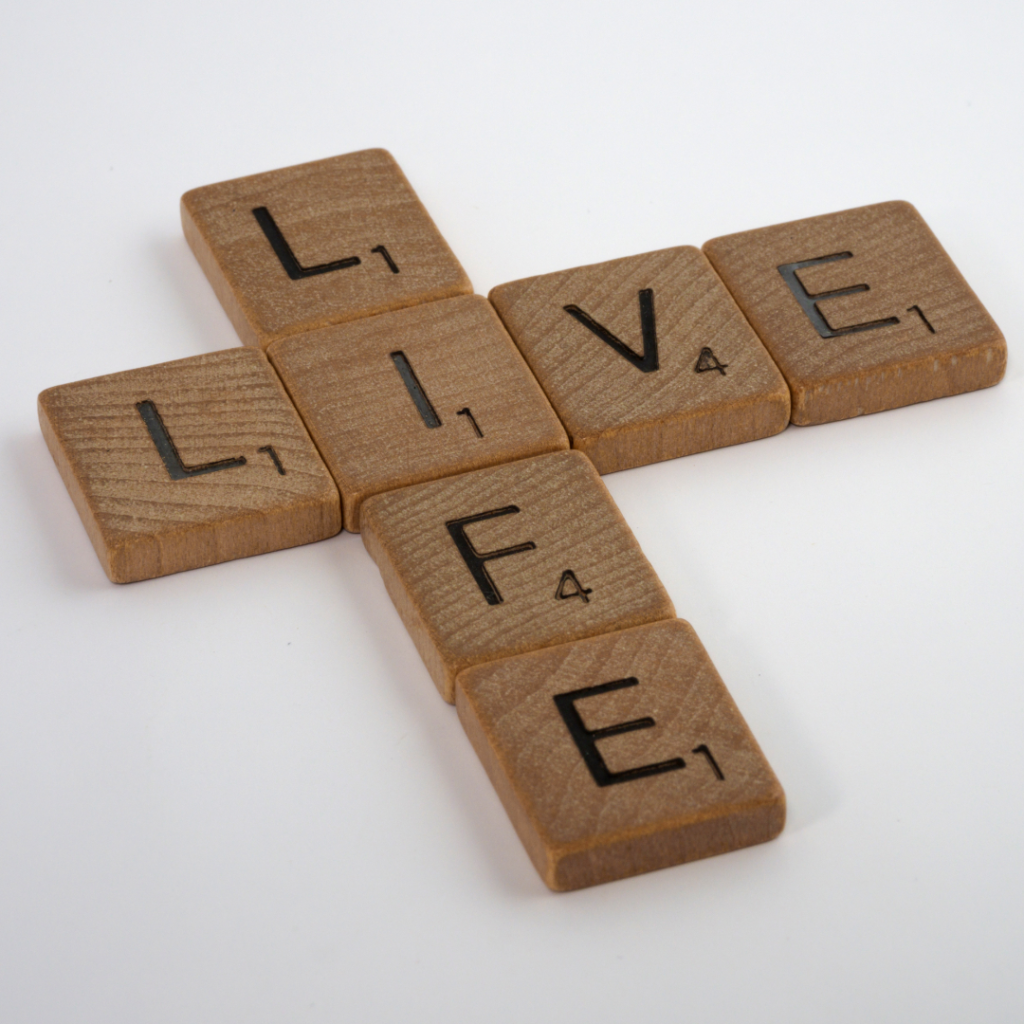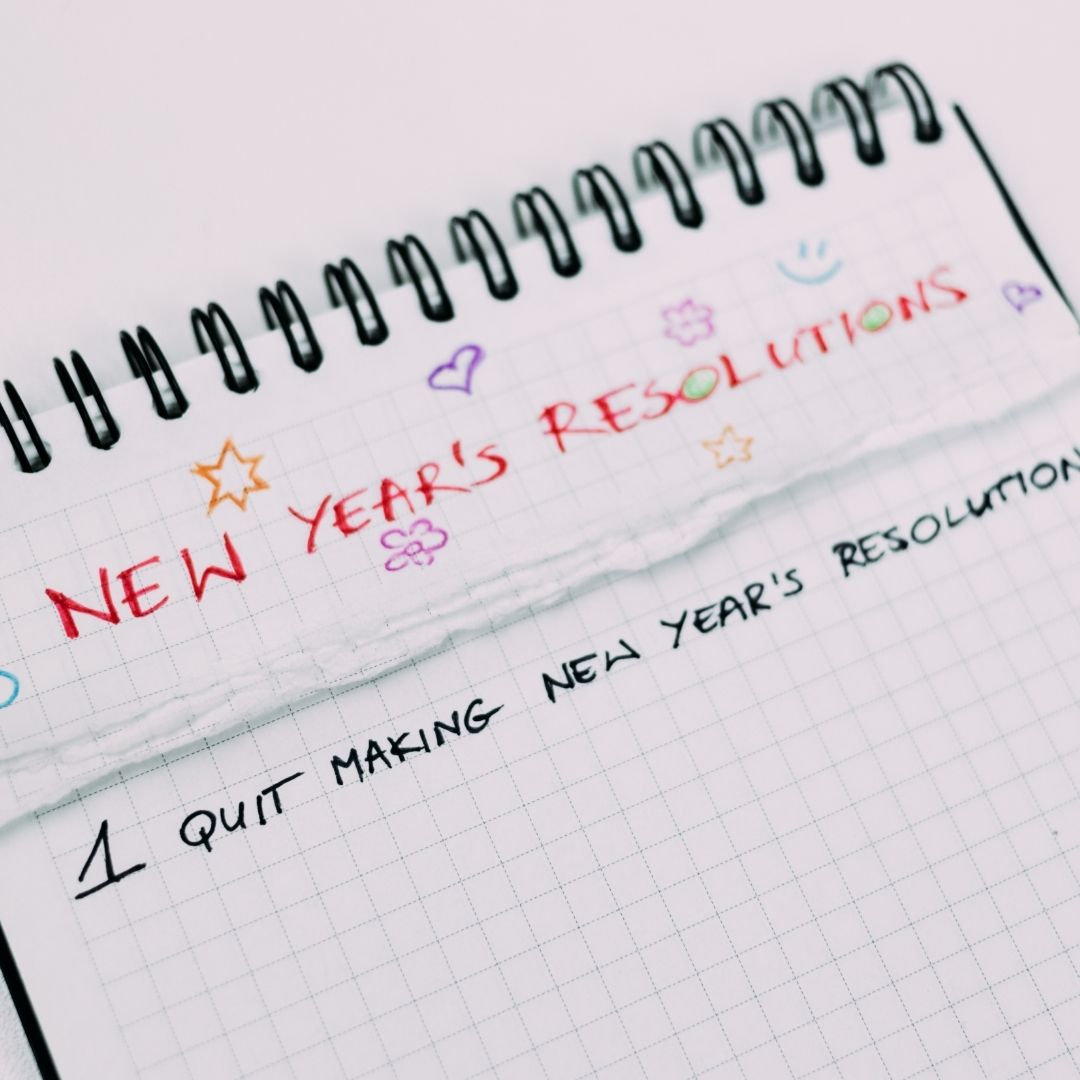Happy New Year, friends! We made it to the beginning of a new year. Whether the past year was complex and unexpected (remember 2020?) or a calmer year, we have begun anew come January 1. No, that doesn’t mean specific challenges or changes ended when the clock struck midnight. It means that you have the unique opportunity to reflect and consider what you strive to keep, build on, or leave behind. This article explores ‘no new year’s resolution’ and the three things to do instead.
A quick history of new year’s resolutions
First, have you ever wondered about the origins of new year’s resolutions? Well, you’re in luck because I did some quick research. According to the History Channel, the first practice dates to the Babylonians and Julius Caesar. It then took on spiritual meanings to not only reflect but also to pray for blessings to come. Flash forward to modern days, where people tend to make self-improvement resolutions. Interesting, huh?
Intentions
So, you likely have heard about setting intentions, but it is essential to define what it means. From Merriam-Webster, to intend is “to have in mind as a purpose or goal,” and an intention is “a determination to act in a certain way.” Central to both definitions is purpose and determination. As the creators of the Shine app share, goals are outcomes in the future, and intentions are about thoughts and actions in the now.
When you think about your year (or any time) ahead, being purposeful and determined in the present moment are keys to success. You’ve heard the expression, “you have to see it to believe it.” When it comes to all you strive to accomplish, you must envision it, have a purpose, and be determined to follow through. Many take a no new year’s resolution position because the usual way of setting resolutions doesn’t lead to follow through.
For example, you may have the resolution to eat healthier. That’s a great start! But something’s missing. Why do you want to eat healthy meals? Is it to strengthen cardiovascular health? Do you have a family history of specific conditions and therefore want to make a change? What will you do when you face a moment of challenge in eating healthier? If you intend to eat healthier, you will identify the purpose and steps to see it through in times of ease and challenge.
Habits

Once you’ve got your intentions set, it’s time to focus on habits. Much like intentions, habits center around behavior change. When you think about all you desire to achieve, what habits will you create to support it? The thing with habits is that they require consistency and sustained repetition. That’s why they can be so tricky to cultivate! Personally, I’ve tried to make certain behaviors a habit (i.e., no social media or browsing after 9 pm) only to do it after only a few days or a week.
As the folks at MindTools share, habits allow you to change step by step until they are a part of your life.
Below is what the MindTools tea suggests to make your healthy habits stick:
- Identify what you want to achieve.
- Build good habits into your routine.
- Reflect on your habits.
- Develop self-discipline.
- Get support.
Mindfulness

I’m going to be real here. Mindfulness doesn’t always come easy when it comes to personal behavior. Either because we’re on the go or because mindfulness sounds like a deep exercise. But it doesn’t have to be that way. According to Talkspace, mindfulness is being aware. Mindfulness doesn’t mean shutting off feelings but rather feeling, pausing, and then reacting. I couldn’t agree more. I’ve struggled with stress eating in the past. I would feel the negative stimulus, and without thinking, there goes a sugary snack. However, with mindfulness, I can feel the negative feeling, take a breath, and process before reacting.
Mindfulness is a crucial tool as you move through life. As life has shown us, it can be unpredictable, complicated, and beyond our control. When it comes to activating change in our lives, mindfulness can help with the critical pause and center as we process emotions or options.
No New Year’s Resolutions—No Problem!

Now that you’ve given attention to intentions, habits, and mindfulness practice, you’re ready to take on any goal. No new year’s resolution necessary. You’ve got the mental tools to get through anything. Just remember to be resilient and go forth and thrive!
If you found this article helpful, please consider sharing it on social media! Let’s share the feelings of empowerment around our goals and aspirations for the year.
In wellness and community,
Nia

2 Comments
-
-
Comments are closed.I definitely appreciate this post. I haven’t made resolutions in years. I totally set goals for myself – for my career and my personal life, but they’re nothing crazy. I never cared for resolutions because they felt so unattainable. I like this way of thinking so much more!
Thank you, Stephanie! I fall in the category of starting the year strong, falling behind, and then feeling bad. I’ve been practicing what I wrote and already see a difference